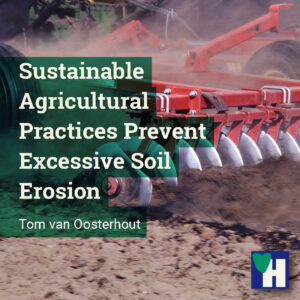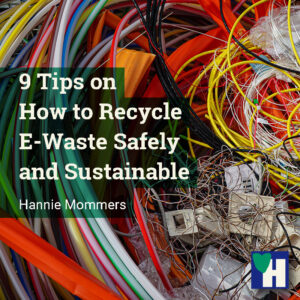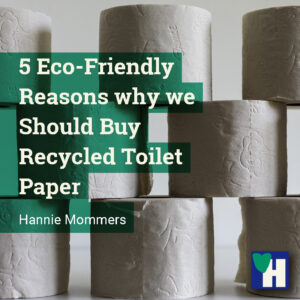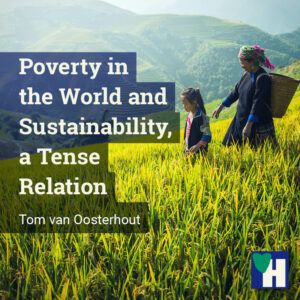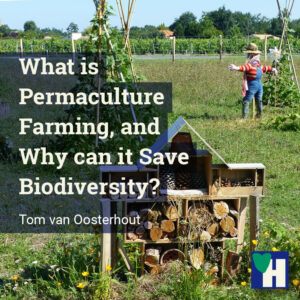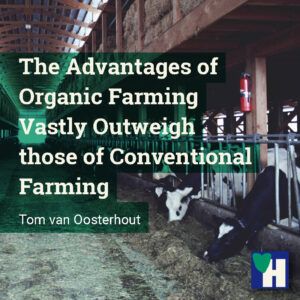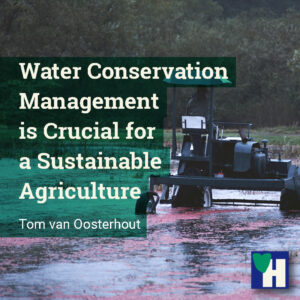
Water conservation management is, of course, not only crucial for sustainable agriculture. Any agriculture needs proper water conservation management. However, for various reasons, with sustainable agriculture, water conservation management requires much more skills and attention. Even our kitchen gardens require water conservation management.
Today it is 37 Celsius. The sun burns all day. There is hardly any wind. When the sun no longer shines in the kitchen gardens, our irrigation system waters the plants for 10 minutes. First, the one where the herbs grow, next, the one where we try to grow tomatoes and zucchini.

